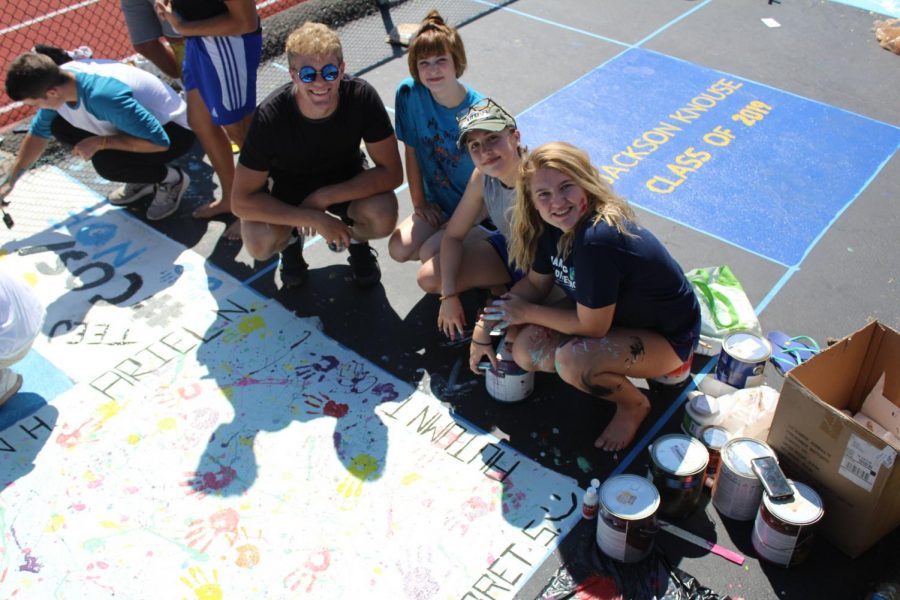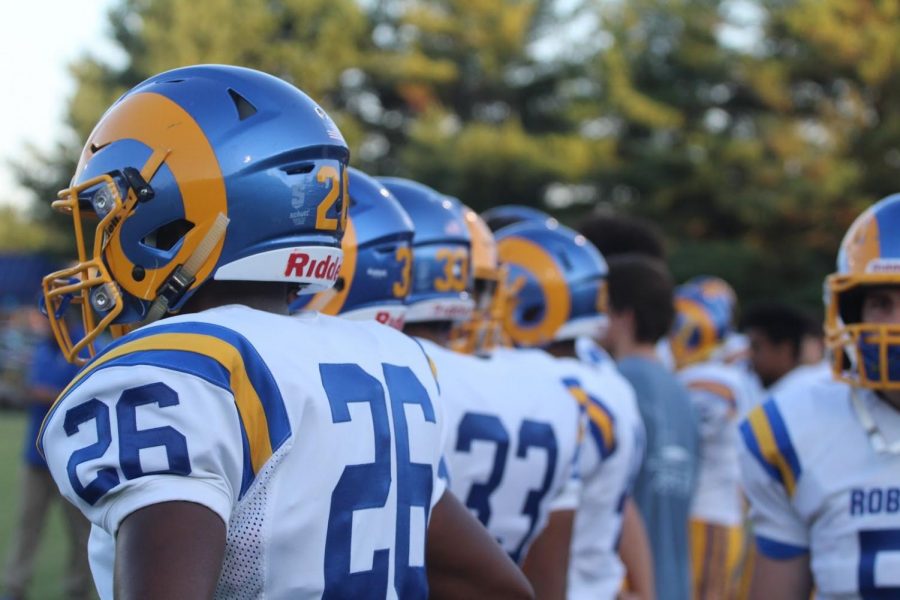This summer, four students will get the chance to leave behind their classroom science experiments in Virginia to jet across the country to spend time in California for the Nitarp program. Their focus: professional astronomical research and analysis.
Melissa Booker, astronomy and physics teacher, said a friend and astronomy professor at Manchester College told her about Nitarp. This program places teachers with researchers to learn the process of astronomical research. The program is hosted by The California Institute of Technology. Booker is allowed to take four students for the summer, a choice she made through an application process.
Booker said students will be trained in the process of performing professional astronomical research.
“I’m hoping students get a sense of what real science is, we don’t get that chance a lot in high schools because the answers for these labs are already known,” Booker said.
She said she hopes her students conduct more science fair projects in school after working with her for the summer because a previous group of students were successful in this.
The real educational significance of the research, she said, is the fact that nobody knows the question they are asking. She said she won’t always be able to help her students because she doesn’t know the answer either.
“This is real science,” Booker said. “We don’t always know what the best step forward is. It’ll be frustrating at times for them, but hopefully they’ll get a better appreciation of it and learn something more than just verifying facts. It’s more satisfying when you find the answer for yourself.”
About six years ago there was a similar opportunity to do research on this level at Green Bank telescope in West Virginia, Booker said. The research back then included looking for pulsars in the data taken from areas of the sky. The students who conducted the research went to regionals for the science project they did on the data. Booker said one of the students is even an astronomy major at George Mason University now.
This is the first time Booker will be participating since then, however, and said she has high hopes.
“I really like research,” Booker said. “I love talking to researchers and getting the most up to date information – it’s refreshing.”
Booker and her four students will be leaving the week after school ends for Pasadena, California. They will spend the summer doing research and in the fall make another big push to get the research done. Once it has all been collected and analyzed, they will present their results at the American Astronomical Society Meeting in the winter of 2014 in Washington D.C.




